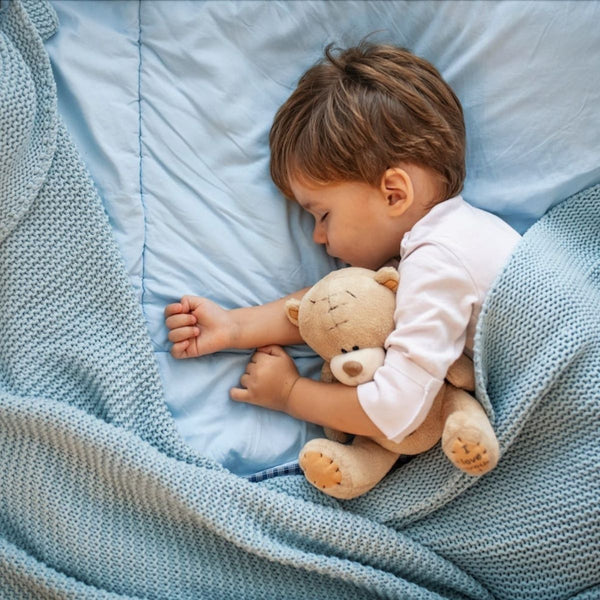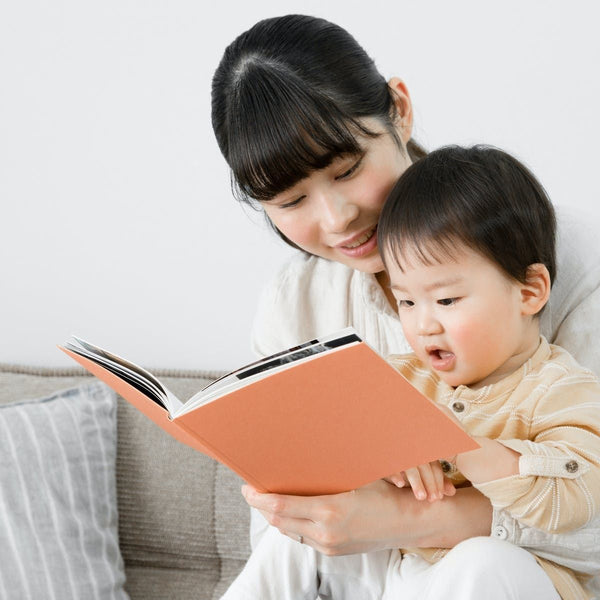Here’s How to Keep Your Baby Safe During Bath Time

Bath time can be the most enjoyable and comforting time for your lovely baby. However, there are risks that may endanger your newborn’s wonderful time.
That’s why here in this comprehensive article we’ll discuss how to keep your baby safe during bath time and ensure his/her enjoyment. Let’s start.
Take note of your baby’s physical safety & skin sensitivity
In general those are the two things you should always remember. Babies don’t have yet the capabilities to move around and call for help when something’s wrong. Also, don’t rely on someone else (especially your baby’s little brother or sister). Your presence is a must whenever it’s bath time.
Close supervision is the key to keeping your baby safe and eliminating the following risks:
- Drowning (even a few centimetres of water can cause this incident)
- Scalding
- Physical injuries (e.g. while playing with a toy)
- Slips & tipovers (less probable if there are added safety features on the tub)
Even with excellent safety features, the mum’s supervision is still the best way to keep the baby away from danger. This just shows that mum’s care won’t be replaced by any technology.
How to further reduce risks
To make things easier and further improve your baby’s safety, here are several things you can also do:
- Two or three times a week of bath time is enough (more frequent baths may dry out your baby’s skin)
- Install a bath net to further secure your baby
- If the phone or doorbell rings, put your baby in a towel and take him/her with you (never leave your baby for a moment)
- Keep your baby on sight and always keep one hand under your baby
- Prepare all the supplies (soap, shampoo, diaper and towel) before starting the actual bath time
- Choose non-toxic & organic soaps and shampoos (baby’s skin and body system are still very sensitive)
- Fill the tub first before bathing your baby (running water might result to drastic temperature changes)
- Make sure the water is comfortably warm (e.g. test the water with your wrist)
- Keep electrical appliances away from the tub
- Don’t let your baby touch the tap (this may cause physical injuries)
Often, you have to take note of several things simultaneously to ensure your newborn’s safety. It’s overwhelming at first but after a few baby baths, these will all occur automatically. Just make sure that you don’t leave your baby alone in the tub.
Which bath products to use for your baby
As mentioned earlier, choose organic and non-toxic soaps and shampoos for babies (even for toddlers). The harsh chemical substances may irritate your baby’s skin and nasal cavities.
In addition, the effects of chemicals on babies get magnified because of their small bodies. The chemicals may also have a short- or long-term effect to the child’s brain and physical development.
So how do you make the right choice? Many mums now choose baby soaps and shampoos with zero or minimal dyes and perfumes. The absence or minimal amounts of these substances may contribute to better safety. Also, more and more mums now are becoming environmentally aware. They choose organic products to reduce the environmental impact and promote better sustainability.
This single decision can actually make a huge difference because you’ll be bathing your baby for 2 or 3 times a week (which could go on for months and a few years). That’s why spending extra time choosing the right products will be worth it.
Learn CPR for babies
Aside from choosing safe baby bath products, another proactive approach you can take is to learn CPR for babies (cardiopulmonary resuscitation). It’s a crucial skill that will make a huge difference when an unfortunate incident occurs.
The recommended way is to consult a doctor or a health professional to really know how CPR is done. For an overview though, here’s the information provided by The Sydney Children’s Hospitals Network (7 steps, DRS ABCD):
- Check for DANGER
- Check for RESPONSE
- SEND for help
- Open the baby’s AIRWAY
- Check if the baby is BREATHING normally
- Start CPR
- DEFIBRILLATOR or Automated External Defibrillator (AED) - for patients instructed by a medical team
It’s strongly encouraged to learn CPR for babies. Although it’s still best to prevent the need to use it, adequate preparation will be very helpful in case of emergency.
How about your safety as a mum?
How can you best care for your baby and ensure his/her safety? It’s almost impossible to guarantee that if you can’t even keep yourself safe. After all, if you’re in danger or at risk, it might become a struggle to focus on your baby.
For example, sleep deprivation is said to be similar with being drunk. The parent’s attention will drift from time to time. It might be slightly difficult to focus on bathing your baby and keeping him/her safe.
That’s why it’s good to take a nap or pay the “sleep debt” from time to time. Whenever it’s your partner’s turn to care for the baby, sleep or take a nap. Teach your partner how to do things properly so you’ll have peace of mind whenever you try to relax.
Slight malnutrition may also affect your health as an active and breastfeeding mum. It’s also the case when you consume high amounts of chocolate, caffeine and alcoholic drinks. This habit may or may not affect the breastmilk’s quality. But to make sure, moderate the amounts especially when drinking coffee or tea.
To keep yourself alert and awake (and watch your baby enjoy each bath time), it’s recommended to rely less on caffeine and more on getting sleep. Caffeine only has temporary effects and sooner or later the sleep debt will come to make you pay.
Raising your baby should be a wonderful journey
We’ve gone beyond on how to keep your baby safe during bath time. We’ve also discussed how to keep yourself alert and healthy. After all, your own physical health has a huge impact on how can you best care for your baby.
It’s especially the case during bath time. During these times more risks are being introduced. A few seconds or a single mistake may lead to dangers. As discussed earlier, close supervision is still the key to ensuring the baby’s safety. It can only be successfully accomplished if you can stay alert and have the clear presence of mind to practice all the safety precautions.
Yes, raising a baby could be one of the most-demanding, stressful and life-changing periods especially for new mums. Thankfully, it could also be one of the most rewarding journeys. Each bath time could become a precious memory. Watch your child as he/she gets refreshed. Time may even seem to stop as you savour each moment.







